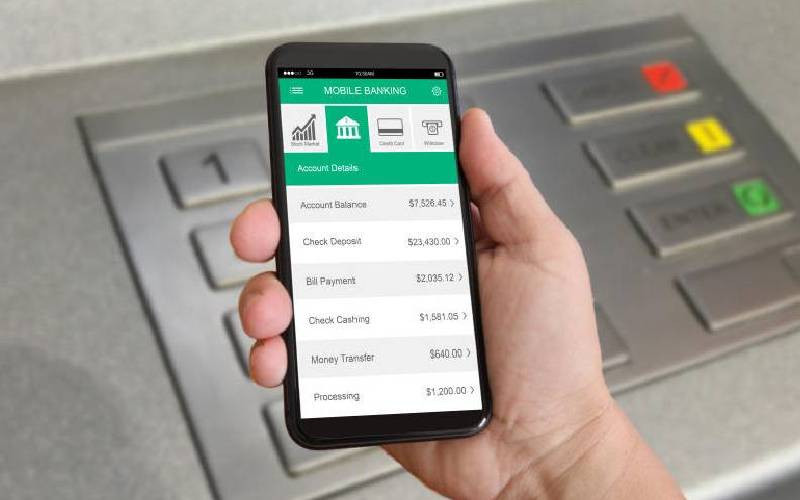×
The Standard e-Paper
Home To Bold Columnists

The expectation that banks will unclench their fists and extend more credit to the private sector as the new year starts due to the reduced Central Bank Rate (CBR) may not come to pass.
This is even as the CBR inches to the possible single digit where it was last in June 2023, at 9.5 per cent. It is expected that more money will be accessed by businesses that have struggled for the better part of 2024 with expensive loans.